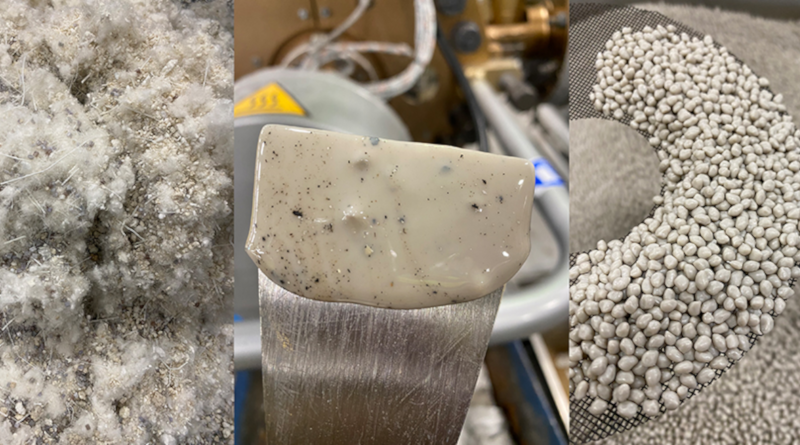Filtration technology for PET recycling
Fimic – hall A6 booth 6209
PET is one of the most recyclable plastics, widely used world-wide in many different applications. It is near-infinitely recyclable and because it can be made into new products, lowers the need for virgin PET, reducing CO2 emissions and helping to achieve a fully circular economy. Recycled PET products show a drop of up to 90% in CO2 emissions compared to virgin PET.
Most major brands using plastics in their supply chains have started to evaluate their carbon footprint and take mitigating actions like packaging redesign and light-weighting, reducing the use of virgin plastics, increasing reusability, and setting targets for minimum recycled plastic content. As brands strive to meet their targets, they are collectively expanding demand and increasingly competing for available rPET. Another factor driving the demand for and supply of rPET are the new regulations and taxes on packaging made from virgin plastics / single-use plastics packaging.
Rising rPET demand and prices are incentivising investments in new recycling capacity – Europe has seen a 21% increase in the installed capacity for PET recycling – according to a report by Plastics Recyclers Europe, Petcore Europe, Natural Mineral Water Europe (NMWE), and Unesda Soft Drinks Europe – at the same time global rPET capacity is forecast to boom over the next five years.
This “run” towards ever increasingly demand for rPET, has led producers of PET packaging products (both food grade and non-food grade applications) to look for more contaminated sources of PET waste.
Fimic’s melt filters are dedicated to contaminated post-consumer plastics. To reach high quality recycled plastics from contaminated waste streams, automatic technologies are needed to filter out impurities and contaminations from the melt flow. Fimic has been working for many years on improving its filtration technologies in order to meet and satisfy the needs (ever increasing quality needs, different materials characteristics) of recyclers, and expanding its technology to applications that previously did not require the use of continuous scraping melt filters such as, precisely, PET.
Fimic has already installed two units (RAS-type filters) on PET recycling lines to work with more contaminated PET waste streams, i.e. not coming from hot-washed bottle flakes only, such as for example PET lumps from petrochemical waste or from strapping production, waste fibres as well as PET straps. In these cases the contamination of the input material was way higher than the typical “ppm” contaminations used for food grade applications, reaching levels as high as 5%. Dedicated to different end applications, these filter units are working with a pre-filter in the first project (applied filtration is 150 or 120 micron on laser screen) and in the second one (applied filtration is 80 micron on laser screen). The respective output performances are 2,000 kg/h and 700 kg/h, at very different and sometimes inconsistent IV levels.
At the same time, Fimic has increased the number of units installed for the recycling of soft PVC. Fimic melt filters are claimed to allow the material to flow without stagnating and therefore without degrading. The company has also tested alternative solution to be applied to hard PVC which is one of the most degradation-sensitive as well as the stiffest material in the recycling market.

